Bandung, 5 Rajab 1436/24 April 2015 (MINA) – As many as 22 heads of states/governments and representative from the countries of Asia and Africa followed Bandung Historical Walk as peak commemoration of 60 Years of Asian-African Conference (KAA) on Friday.
The heads of state / government that followed the events in Bandung, among others, Chinese President Xi Jinping, the King of Swaziland Mswati III, President of Timor-Leste Taur Matan Ruak, President of Zimbabwe Robert Gabriel Mugabe, President of the Presidium of the Supreme People’s Assembly of North Korea Kim Yong Nam, PM Nepal Sushil Koirala, Cambodian Prime Minister Hun Sen, Prime Minister of Rwanda Anastase Murekezi, Malaysian Prime Minister Najib Razak, and others.
Several heads of state who arrived Bandung by using private aircraft, were Myanmar, Malaysia, China, Angola, Vietnam, and South Africa.
Unfortunately, several heads of state / government who has followed a series of Summit in Jakarta, should go home first. They include Japanese Prime Minister Shinzo Abe, Jordan’s King Abdullah II, Prime Minister of Singapore Lee Hsien Loong, Vice President Danny Faure Seychelles, Palestinian Prime Minister Rami Al Hamdallah, Sultan Hassanal Bolkiah of Brunei Darussalam.
Also Read: Central Java Partners with 12 European Countries to Boost Low-Carbon Rice Production
The first large-scale Asian–African or Afro–Asian Conference—also known as the Bandung Conference was a meeting of Asian and African states, most of which were newly independent, which took place on April 18–24, 1955 in Bandung, Indonesia.
The twenty-five countries that participated at the Bandung Conference represented nearly one-quarter of the Earth’s land surface and a total population of 1.5 billion people.[1] The conference was organised by Indonesia, Burma, Pakistan, Ceylon (Sri Lanka), and India and was coordinated by Ruslan Abdulgani, secretary general of the Indonesian Ministry of Foreign Affairs.
The conference’s stated aims were to promote Afro-Asian economic and cultural cooperation and to oppose colonialism or neocolonialism by any nation. The conference was an important step toward the Non-Aligned Movement.
The core principles of the Bandung Conference were political self-determination, mutual respect for sovereignty, non-aggression, non-interference in internal affairs, and equality. These issues were of central importance to all participants in the conference, most of which had recently emerged from colonial rule. (L/P008/R03)
Also Read: Indonesia’s Health Ministry Speeds Up Free Screenings for 53 Million Students
Mi’raj Islamic News Agency (MINA)





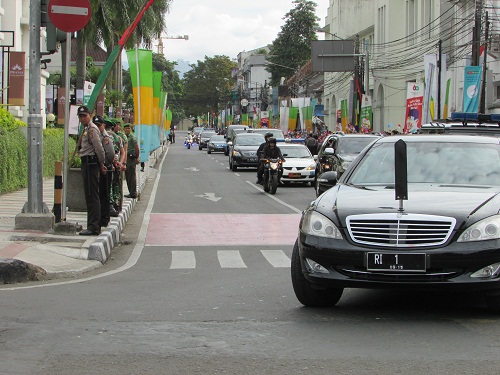










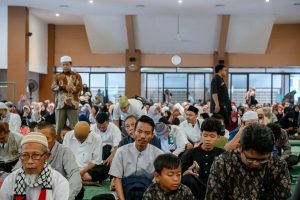
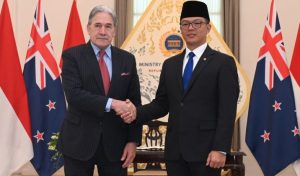
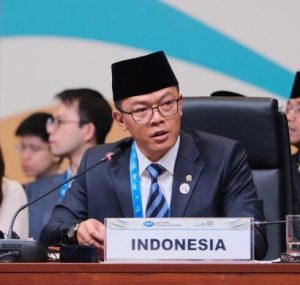
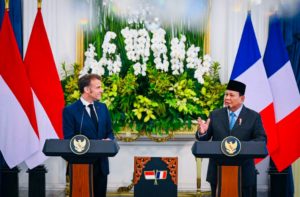

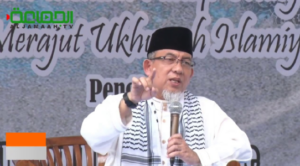





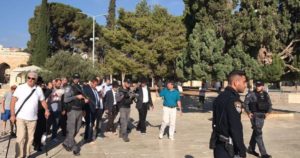






 Mina Indonesia
Mina Indonesia Mina Arabic
Mina Arabic